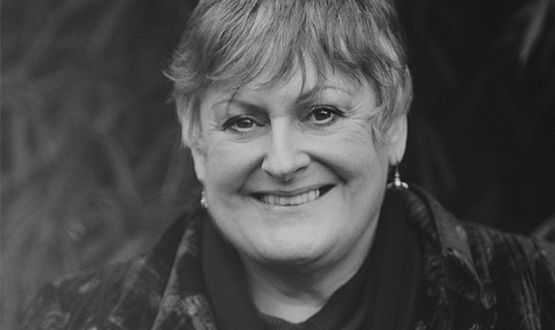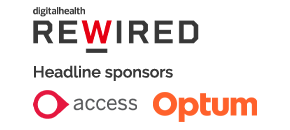The times they are a changin’ for nursing informatics

Former national nursing informatics leader Anne Cooper reflects on how the role of the CNIO has progressed, the impact of digital nurses on service transformation and looks ahead to nursing leaders speaking at Rewired 2021.
Back in 2013 I held a national role and worked hard every day to persuade nurses and midwives that technology and data were things they needed to both know about and engage with. I travelled around the country talking to colleagues about what technology could offer and how we needed to integrate it to nursing and midwifery practice.
In June of that year, I was lucky enough to take a group of senior nurses from across the UK to Chicago on a study tour. Looking back, nursing was in a vastly different place then to where we find ourselves in 2021. So, what did we do in Chicago and why did we go?
Emergence of the CNIO
The Chicago study tour was designed to inspire and intrigue nurses about the power of technology and information. We visited hospitals and heard stories from nurses about how they used technology and the leading roles they had in this respect.
I remember visiting the Lurie Children’s hospital which was inspiring on so many levels. As well as being an inspirational place to be in terms of the architecture and design we heard from the chief nursing information officer (CNIO). They used EPIC as their electronic patient record and at that time we had no deployments of EPIC in the UK. Equally, we didn’t really have any CNIO roles, although specialist roles were starting to emerge.
The hospital had ‘Magnet status’, participating in a worldwide programme where nursing leaders successfully align their nursing strategic goals to improve patient outcomes. It was evident they were using this approach with their nursing informatics teams, using the principles of shared governance. In its simplest form, shared governance is shared decision-making based on the principles of partnership, equity, accountability, and ownership with staff at the point of care. They were making decisions about the systems – system changes, system developments and practice – using shared governance involving a wide range of nursing staff in that process. It was great to see and hear.
Digital. nurses no longer an after-thought
Fast forward to Rewired in 2021, and I am reflecting how much is changing here in the UK. We now have an army of CNIOs who are equally focussed on the increased need for reporting and data sharing and the role nurses play in this – recognition that other senior nurses see the need for these vital roles.
The importance of nurses having a seat at the table when technology-enabled service transformation is underway has never been greater and they should never be an after-thought. In my experience and from observing those nurses in Chicago, they are the ones who know precisely how digital technology can aid better, more efficient patient care.
Hear from nursing leaders at Rewired
I am looking forward to hearing from Natasha Phillips, CNIO at NHSX, who coincidentally worked on a major EPIC deployment in the UK, about the national work she is doing for nurses and to hear about the changing landscape for nurses in the world of technology and data.
Rewired is a great place for nurses interested in tech to network and hear about what is going on. We still have a long way to go but the times they are a changin’.
- Natasha Phillips will be leading a workshop into digital nursing alongside Digital Health CNIO Network chair and Nuffield Health’s CCIO Jo Dickson at the Digital Leadership Summit on Tuesday 16 March.

-
Digital Nursing Leadership Workshop – from 5pm
Dr Natasha Philips – CNIO, NHSX
Jo Dickson – CCIO, Nuffield Health
Jacqueline Davies – CNIO, System C
Julie Haigh – Chair of DMERG and Lead Clinic Midwife

- Natasha Phillips also kicks off the Digital Transformation Summit on Thursday 18 alongside NHSX colleagues deputy CEO Simon Eccles and national CIO Sonia Patel.
Digital Health Rewired is free for everyone from NHS, public sector, independent providers, charities and education sectors, plus start-ups less than three-years old.





